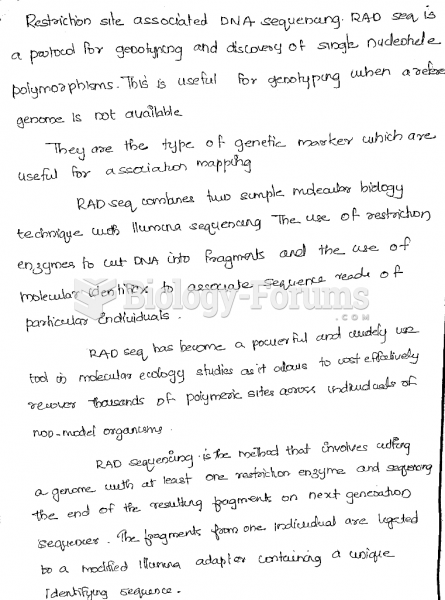Answer to Question 1
Answer: The early management writers also distinguished between two forms of authority: line authority
and staff authority. Line authority entitles a manager to direct the work of an employee. It is the employer-employee authority relationship that extends from the top of the organization to the lowest echelon, according to the chain of command. As a link in the chain of command, a manager with line authority has the right to direct the work of employees and to make certain decisions without consulting anyone. In the chain of command, every manager is also subject to the authority or direction of his or her superior.
Answer to Question 2
Answer: Authority was a major concept discussed by the early management writers; they viewed it as the glue that held an organization together. Authority refers to the rights inherent in a managerial position to tell people what to do and to expect them to do it. Managers in the chain of command had authority to do their job of coordinating and overseeing the work of others. Authority could be delegated downward to lower-level managers, giving them certain rights while also prescribing certain limits within which to operate. These writers emphasized that authority was related to one's position within an organization and had nothing to do with the personal characteristics of an individual manager.
Chester Barnard, an early management writer, proposed the acceptance theory of authority. According to this theory, authority comes from the willingness of subordinates to accept it. If an employee did not accept a manager's order, there was no authority.
As organizations get larger and more complex, line managers find that they do not have the time, expertise, or resources to get their jobs done effectively. In response, they create staff authority functions to support, assist, advise, and generally reduce some of their informational burdens.
Responsibility - When managers use their authority to assign work to employees, those employees take on an obligation to perform those assigned duties. This obligation or expectation to perform is known as responsibility. Assigning work authority without responsibility and accountability can create opportunities for abuse. Likewise, no one should be held responsible or accountable for work tasks over which he or she has no authority to complete those tasks.
Unity of command - The unity of command principle which is one of Fayol's 14 management principles states that a person should report to only one manager. Without unity of command, conflicting demands from multiple bosses may create problems.







